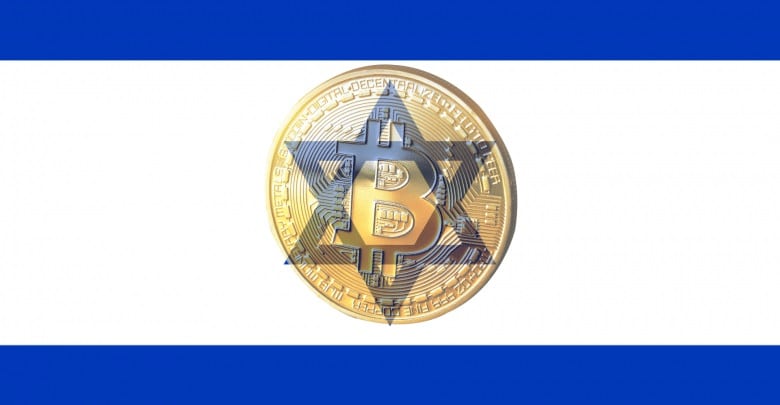The Bitcoin investors in Israel are finding it hard to pay their taxes because Israeli banks are refusing to accept deposits acquired from digital currency investment returns. As reported yesterday by Israel’s local news outlet Haaretz, the banks in Israel are worried that the profits gained from BTC investments could have terrorist financing or money laundering connections. Hence, they are not allowing the crypto investors to make deposits out of their crypto holdings. As a result, Israeli investors are not able to settle their tax payments despite wanting to do so.
It must be noted that Israel doesn’t recognize Bitcoin as a currency. Moreover, the country imposes taxes on any earnings made out of cryptocurrency trading. So, the individuals with crypto holdings have to pay capital gains tax of 25% while corporations are subject to a 47 percent tax rate.
Thanks to these rules, the ITA (Israel Tax Authority) expect BTC investors to file their taxes, but the investors are left helpless as they can’t convert their BTC earnings into local fiat deposits due to banks’ refusal.
Advertisement
Haaretz further highlights the dilemma of a few Israel crypto investors who are trapped between the banks and the tax authorities. Accounting the difficulties faced by an Israeli local bitcoin investor named Ron Gross, the outlet reports that Ron is facing denial to deposit his BTC profits to his Hapoalim bank account since 2017. Ron is a consistent BTC investor since the year 2011. He has always declared his income to Israel’s tax authorities.
After being denied making such deposits anymore, Ron not only approached the bank officers but also presented 70-page records detailing his past deposits made from his crypto investments. The bank, however, refused to change their stance on the matter. Ron stated that he has tried hard to work it out with possibly all the local banks, but banks freeze up as soon as they hear the ‘Bitcoin’ word.
Ron isn’t the only one suffering. Another BTC investor called Roy Arav has also been denied moving his crypto earnings to his personal account. Arav had opened a trustee account, operated by the local crypto exchange called Bit2C, at the Israel Discount Bank to put his BTC profits. When Arav wanted to conduct fund transfers between his trustee account and personal account, the bank declined the activity citing potential money laundering as well as terrorist financing risks. This left Arav incapable of paying his taxes, which led him to sue the bank.
What’s important here is the tax authority has understood the problems faced by BTC investors. Arav, as per the reports, has been allowed to delay his tax payments by the authority until the case is ruled on. Ron, on the other hand, has become a victim as the authorities have put liens on his bank account and home along with his scooters.
Advertisement
The ITA also says they are aware that about 86 million USD (300 million shekels) are still due as unpaid taxes on digital currency earnings, though the actual figure can be much higher. As per recent reports, the Israeli attorney general has announced to have formed a committee of regulators and banks for establishing a common ground to tackle issues of bank deposits and crypto.







